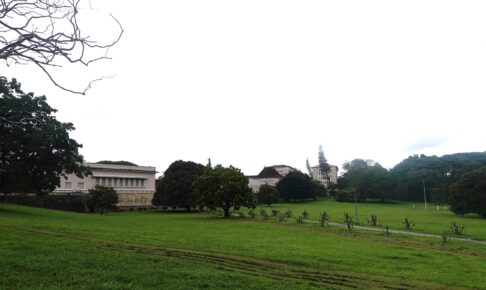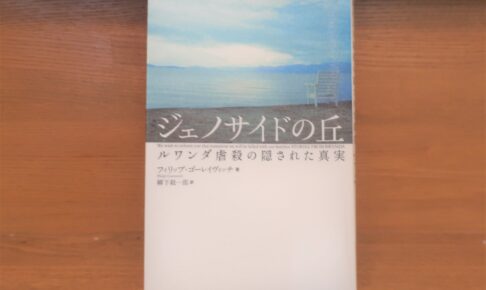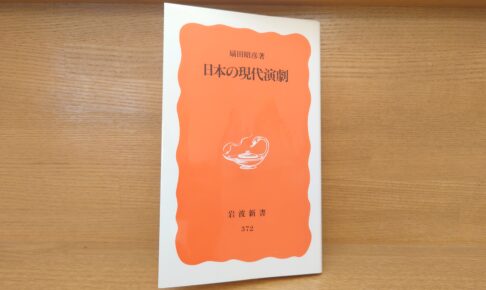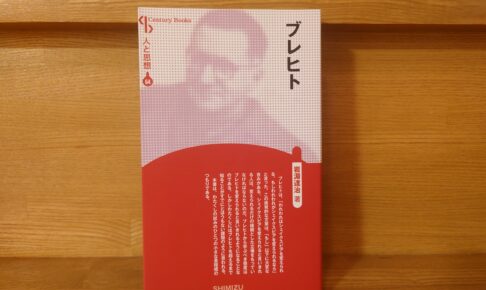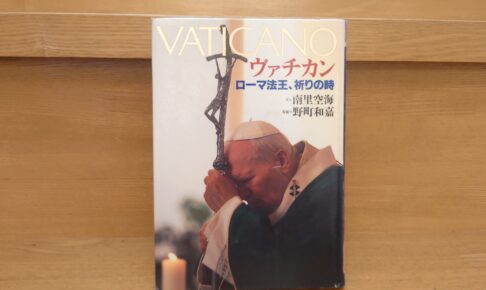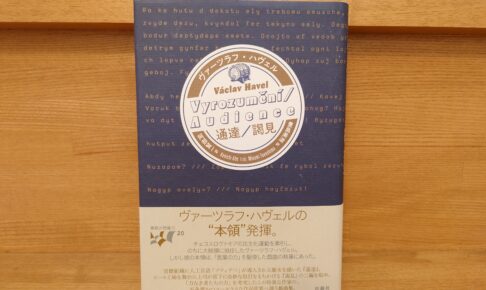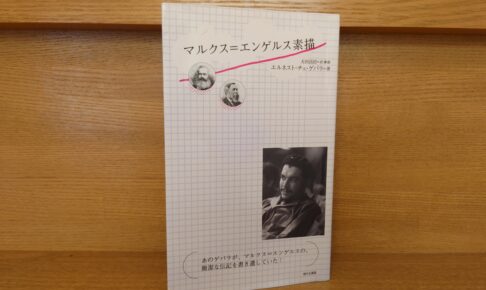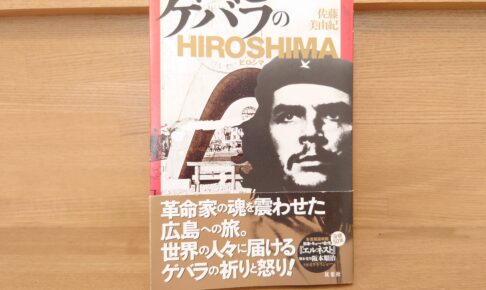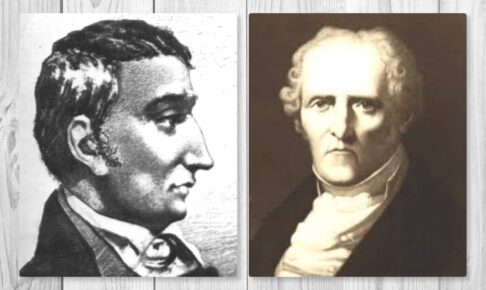(46) Thinking about the 1971 armed uprising by Marxist students at the University of Peradeniya in Kandy.
I have been in the process of studying Dostoevsky for the past few years, mostly European history. And now I am learning about India and Sri Lanka.
But I wondered, "What do I really know about Europe, India, and Sri Lanka? What do I think I know about Europe, India, and Sri Lanka?" Coming to the University of Peradeniya made me aware of this question once again.











